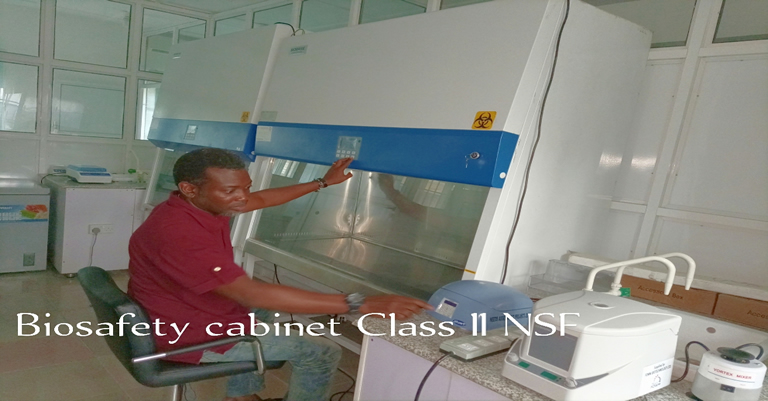
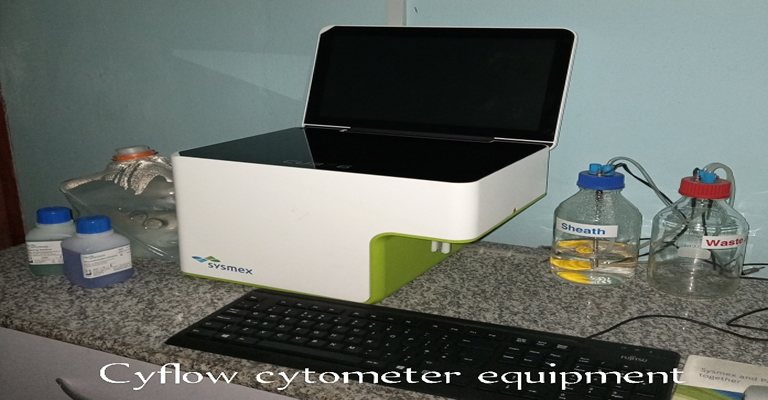
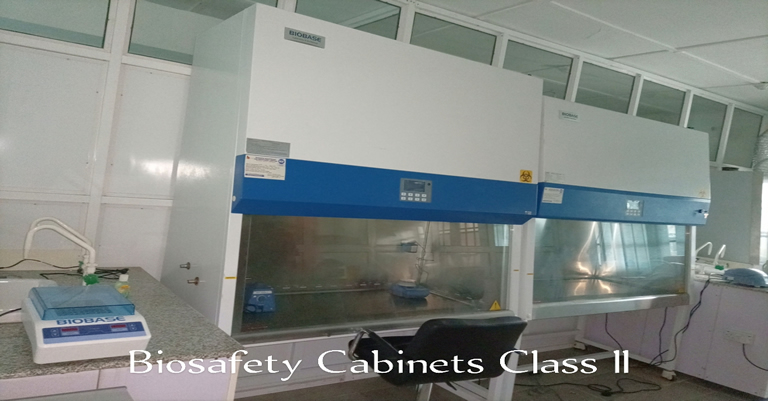
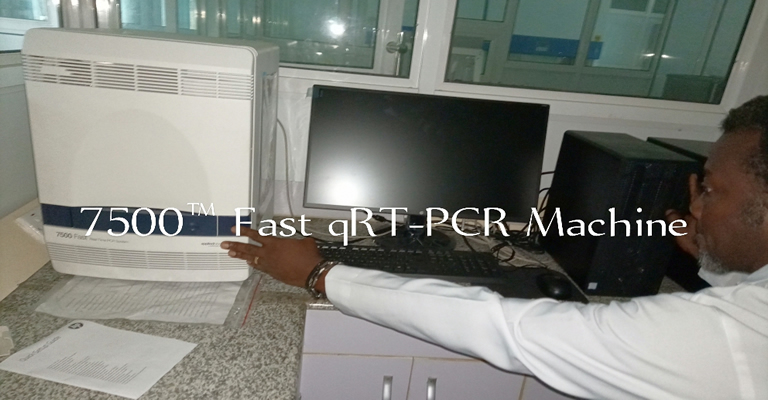
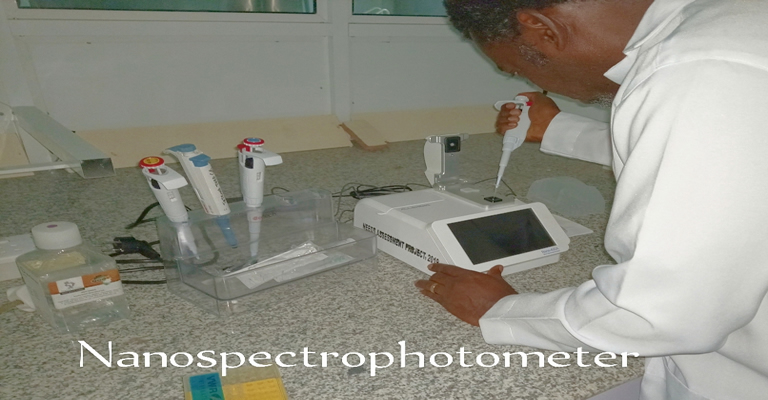
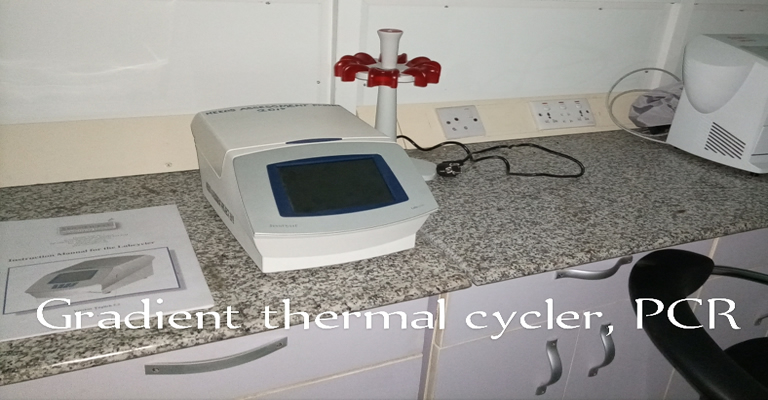
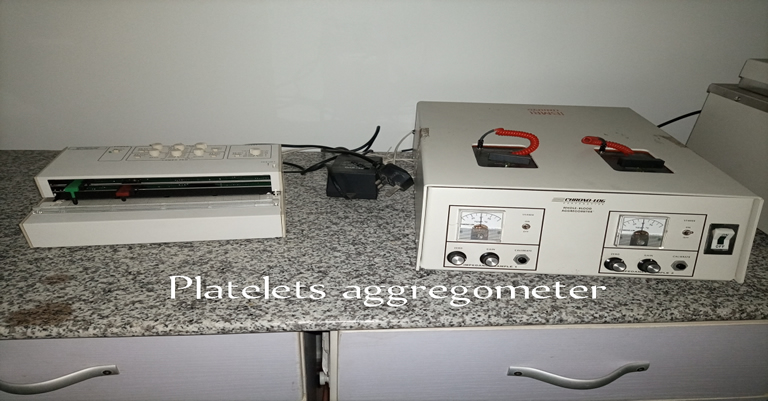
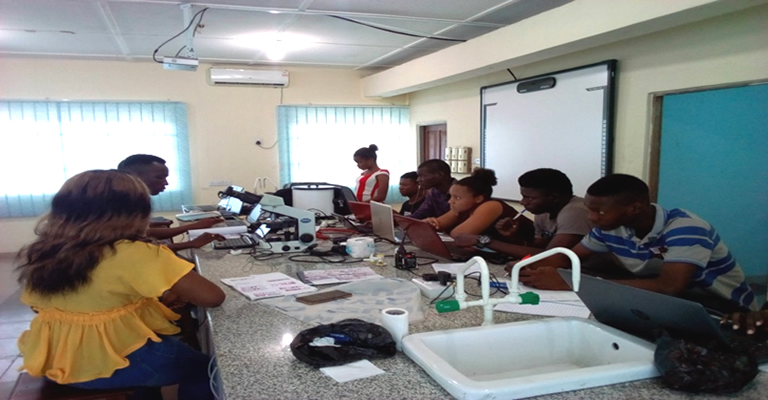
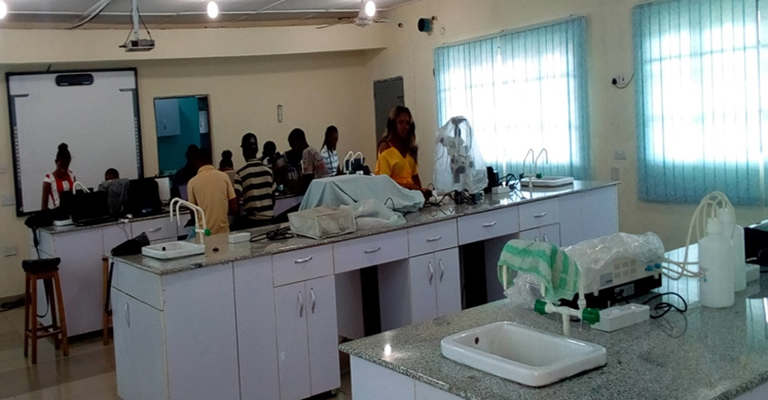
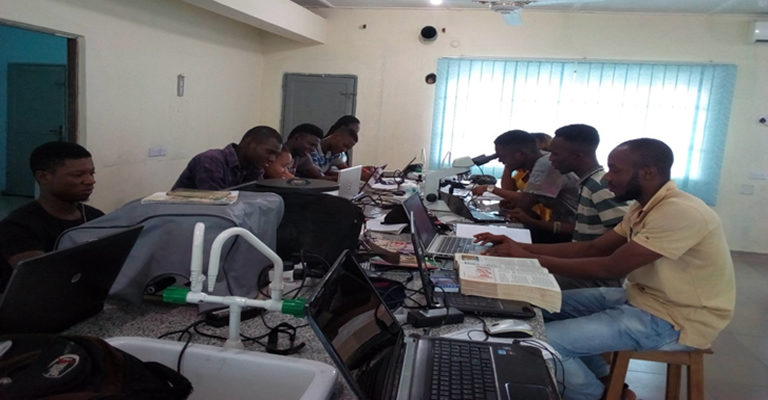
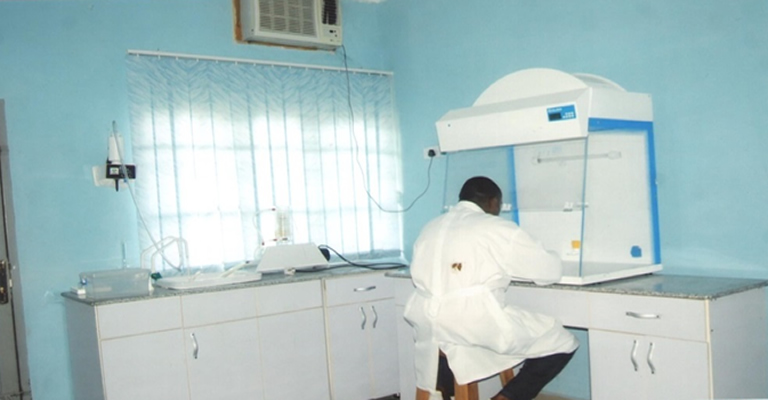
Brief Introduction of the Institute
The Institute for Biomedical Research and Innovation (IBMRI) is an integral part of the College of Health Sciences, University of Uyo and has the mandate to:
- Initiate and promote research into the health/medical problems in Akwa Ibom State in particular and Nigeria in general.
- Establish national and international collaborations and other support mechanisms for the University through the College of Health Sciences.
- Undertake such other activities that are consistent with the objectives of the Institute and core values and mission of University of Uyo
The Institute was established to enhance the research efforts of the University in areas that emphasize local health care needs. Its research programmes focus on disease-specific intervention measures, in addition to research questions that will inform policies, strategies and interventions that address communicable and non-communicable diseases. Additionally, the Institute opens windows of opportunities for active engagement in capacity building and experience sharing in health and health related research.
Aim and Objectives
The aim and objectives of the Institute include the following:
- To assemble a team of like-minded academics, committed to Research and Development to initiate and sustain research into various aspects of Medical, Para-medical and pharmaceutical challenges including Health Policy and Management, in its immediate environment and beyond, thereby contributing its quota to national and international health development.
- To develop a Reference Research Laboratory as a reference point for research into various tropical infectious, communicable and non-communicable diseases and the development of effective remedies from available local sources.
- To conduct collaborative research with individual scientists or groups in other disciplines within the University of Uyo and with similar institutions within and outside Nigeria.
- To develop expertise in research into diseases prevalent in local environment as well as harnessing local remedies and practices from herbs and herbal preparations into effective and efficient therapeutic agents.
- To seek funding support from any legitimate source(s) (individual or corporate) within and outside Nigeria for Research, Development and Innovations.
- To earn the status of a “World Health Organisation Collaborating Centre for Research and Continuing Clinical Education in Tropical Diseases“.
- To perform such other functions as may be relevant to its aim and objectives as assigned to it by the College.
- To facilitate focused academic development in endemic and tropical through sound postgraduate education and research training for researchers.
- To run internationally acclaimed practical laboratory and clinical short courses to improve diagnosis and treatment of tropical diseases.
- To provide continuing education in treatment of tropical diseases for senior primary health care workers, general medical practitioners, and clinicians through interactive onsite clinical teaching sessions and publication of printed and electronic teaching materials.
- To offer research tracked degrees in relevant areas
Within this broad framework, the Institute’s specific objectives are grouped around research, consultancy and training.
Research Organs of the Institute
The research organs of the Institute include the following R&D Divisions/Units and Laboratories.
Units for Public Health and Clinical Epidemiology Research
- HIV/AIDS ART programmes unit
- Malaria, Tuberculosis, Leprosy, Schistosomiasis, other tropical diseases unit
- Field Epidemiology Unit for Physicians, Laboratory Technologists, Veterinary doctors/Lab. Technologists (in collaboration with FMOH for MPH (Field Epidemiology)
- Health Education and Promotion
- Health Surveillance/Screening Unit
- Clinical Governance and Health Management cluster
- Units for Maternal and Child Health Research
- Promotion of Maternal Health
- Safe Delivery/Maternal Mortality Unit
- Unit for Promotion of Child/Adolescent Health
- Reproductive Health including Fertility Services (plus Assisted Reproductive Procedures)
Units for General Health and Wellness
- Prostatic Diseases Group
- Schistosomiasis Research Group
- Tropical Surgery Group
- Other non-communicable diseases
- Cancer
- Trauma
Units for Health Policy Research
- Provide national, regional and international consultancy services in tropical and international health
- Working with government at Federal, State and Local levels to ensure research findings are used in policy and practice
- Working with government in developing and evaluating system options for providing better health care
Units for Investigation on Disease Mechanism/Causative Agents
- Biology/Molecular Biology
- Signal Pathway and Therapeutic Targets
- Disease Progression
Units for Pharmaceutical Agents from Plant Sources
- Discovery of Bioactive/Therapeutic Agents in Plants/Herbs and Herbal Concoctions
- Drug Development
- Development and use of Nanonutrients
- Units for Clinical Trial
- Units for Contract Services
- Sample Management
- Bio-analytical Services
- Toxicology Studies
ADDITIONAL FUNCTIONS OF THE INSTITUTE
- Continuing Professional Development
- Short Courses and Diploma
- Operational Research Workshop
- Research Proposal Design
- Research Synthesis
- Health Impact and Needs Assessment
- Health Monitoring and Evaluation
- Computing and Statistics
- Training of Researcher in Good Clinical Practice (GCP)
To be a centre of academic excellence by utilizing the available human and technological resources for teaching, research, community service and sustainable development.
To diligently pursue scholarship and deploy its output for human capacity development and economic growth in the society, with active participation in ICT.
